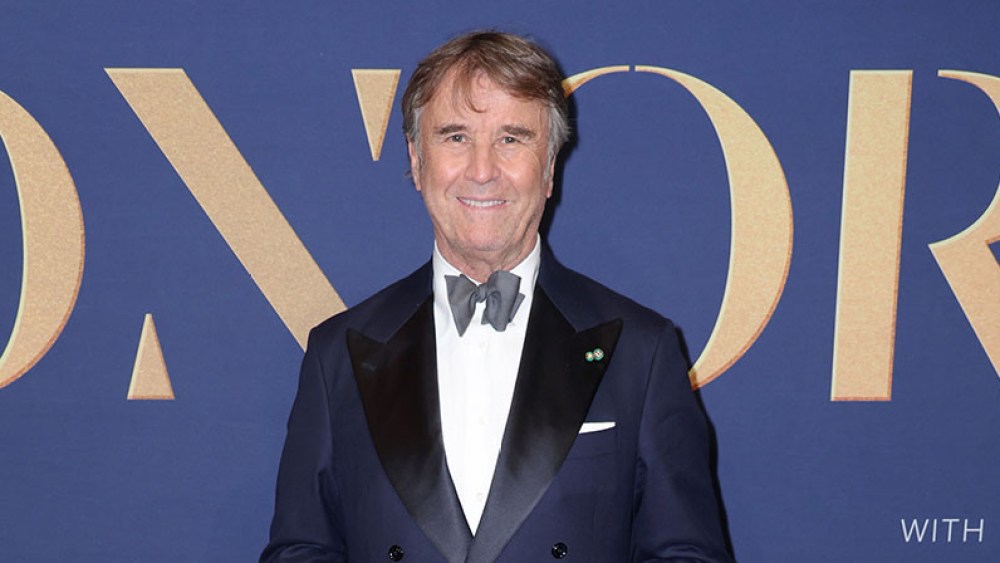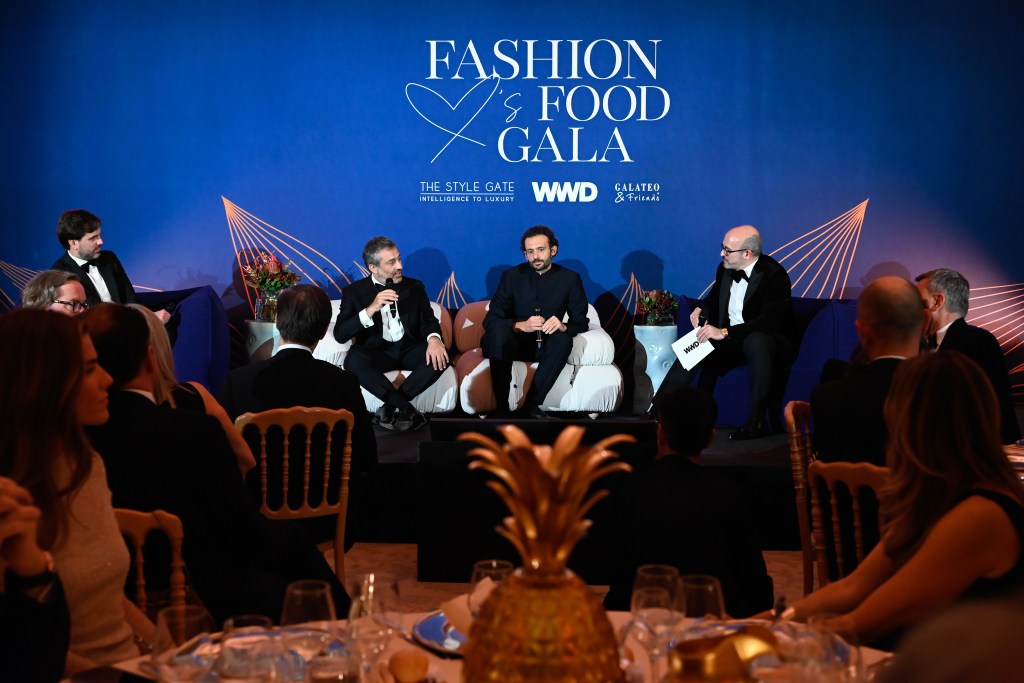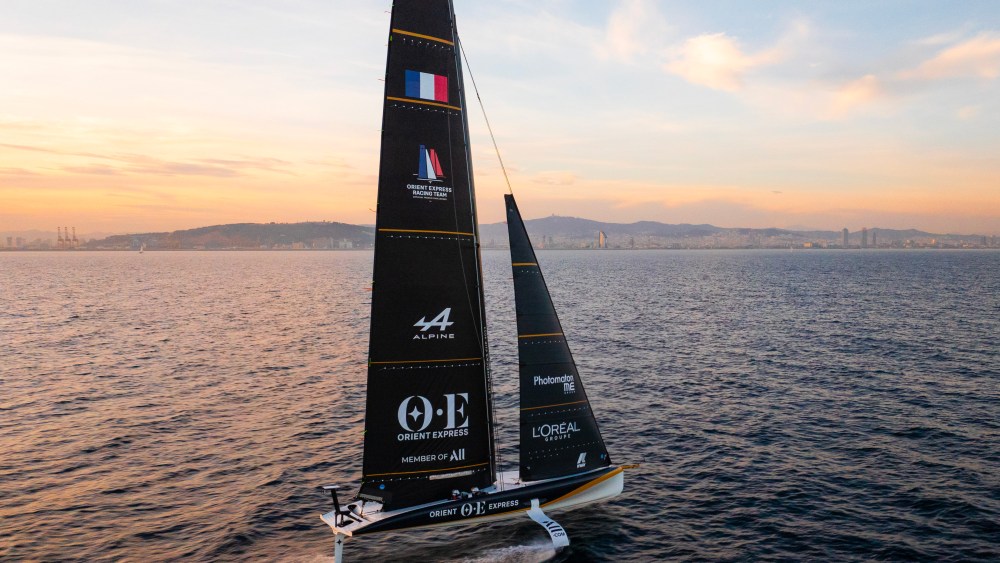Brunello Cucinelli was a teenager when his family decided to relocate from the farm where they had been living in Castel Rigone to move closer to the sea. That move required that his father find a new position to support the family, and he did, as a factory worker.
But the abysmal treatment he received in that factory forever changed the young Brunello, who made a vow that he would never treat people the way his father had been treated.
That attitude is core to the man that he became. Despite creating a luxury Italian company with sales of over 1 billion euros, he seems to care even more about doing his part to better the human race. He quotes the great philosophers such as Socrates and Aristotle and works tirelessly to improve the human condition and leave the world a better place — not only for his family and his employees, but anyone with whom he comes in contact.
And it’s not just lip service. Cucinelli has restored Solomeo, the medieval village in Italy’s Umbria region where his company is headquartered, by building a theater, an amphitheater, a winery and a monument dedicated to the Dignity of Man. There is also the Aurelian Neohumanistic Academy which has hosted seminars on philosophy, history, architecture and spirituality as well as a school of arts and crafts where students are taught masonry, gardening, farming, knitting, sewing and other skills necessary to create the next generation of artisan tailors.
You May Also Like
While he has built an enviable business, Cucinelli has not forgotten his humble beginnings. When accepting WWD’s top award, the John B. Fairchild Honor, he recalled that when he made his first trip to the U.S. after launching his cashmere sweater brand, he was welcomed and accepted.
“When I first came here, I didn’t have a dollar in my pocket, but you decided to buy our sweaters,” he said, adding that 40 percent of Solomeo “belongs to you, Americans.”
He also credits the Americans for saving his father when he was a prisoner of war, something the older man never forgot. “Every time I would come to America, he would say to me: ‘They are really good people,’” he said.
On his first trip to New York, he looked at the bright lights of the city from the Verrazano Bridge and wondered: “Who built this beautiful city? A genius must have designed this. Leonardo, Michelangelo. Vitruvius used to be a great architect. He used to say, it needs to be useful, powerful and beautiful. And this is New York — to convey something that the whole of mankind can use.”
After accepting his award, Cucinelli sat in conversation with WWD Milan bureau chief Luisa Zargani to give a peek inside his head and his heart and described what have been his driving forces during his 71 years on earth.
WWD: What do you mean by humanistic capitalism and human sustainability, which you have always spoken about?
Brunello Cucinelli: The first part of my life, I spent 15 years in the countryside. We were farmers. I fell in love with the sky, with the stars. We had no electricity at home and no running water. So we were talking to the heavens all the time. We lived in harmony with creation, with the surroundings. I was in charge of pulling the oxen. The furrows needed to be straight, perfectly straight. I would ask my father: but why do you want them to be so straight? “Because they look better.” See, that’s the way I was brought up.
I never saw my parents fight or quarrel, so it was a great childhood. Then we decided to move close to the sea, and my father took a job in a factory where he was usually offended, belittled. He was about 42 or 43 back then. And with tears in his eyes, he would ask: What did I do wrong to God to be belittled like that? That’s exactly when I decided that what I wanted to do in my life was to foster the moral economic dignity of the human being. Why should humans be humiliated? What’s the sense of that?
Between 15 and 25 I did not study anything. Three years at an engineering faculty, I sat for one single exam. I spent 10 years playing pranks. Pranks and jokes are really part and parcel of Italian culture. That’s when I fell in love with philosophy, too. I developed a liking for it, and I set up this micro business. I wanted my human beings to work surrounded by beautiful places because being a factory worker . . . who of you would recommend your children take a job in a factory? And maybe it’s better if you make more money. So looking at factory workers I wanted to put the profit and the giving back in balance.
You see, my grandfather during harvest would harvest the wheat and the first bag was to be given to the community, and that was the true giving back from your profits.
WWD: You have often said that you feel you’re a temporary and resilient custodian of Solomeo. Can you tell us what this means?
B.C.: This is a very important topic because if we live feeling like owners, we will use what we have, whereas if we act like custodians, everything lasts forever. Because we think of eternity when we construct something. And that’s exactly what we did back at the village. The theater will still be standing in 2,000 years’ time, and the winery, in 2,000 years’ time, will still be there. And the monument, it was built using the same technique as the Coliseum. It has been designed for eternity. And I want to live and act as a guardian, as a custodian.
Marcus Aurelius, the Roman emperor, we still read his book because it’s really charming. He says live according to nature. Find peace for yourself, because it could be the last day of your life. But you should design and think forever.
WWD: But also at the same time, your company continues to grow, and you just reported a 12.4 percent gain in revenue.
B.C.: The winners are always good-looking. If you’re a loser, people don’t mention whether you’re good-looking or not and that’s the way it is. This applies to every industry.
WWD: You’ve said that you still believe in luxury, and apparently luxury still believes in Cucinelli. So what does luxury mean to you?
B.C.: It’s very straightforward. Use Immanuel Kant as a guide. It’s a symbol of the moral good. It’s something that is well made, exclusive. But now people want to know if the surroundings have been harmed during the production process.
WWD: You’re also looking forward and maybe you can tell us about the website that employs artificial intelligence. It’s something that you are very passionate about.
B.C.: When we devised this website — this is not really our trade to design websites and this is a pageless website — but what I told my people was that I’m in love with Hannibal. Two hundred and fifty years before Christ, he wanted to attack the Roman Empire but he knew he was not powerful enough. So he basically summoned all his generals and he said, “We will find a way. And if there isn’t one, we will build a way.” And that’s what they did: They basically defeated the Romans. Hannibal was a genius. And we should not be scared of technology because it’s like a city we all need to inhabit, and only good is going to come out of it.
WWD: So you’re not afraid of it at all.
B.C.: No, I’m not afraid of anything. Because this generation, we have conveyed to you, our children, to be scared all the time. But tomorrow, we should replace the word fear with the word hope and everything will fall back into place.
WWD: So what would you suggest to younger generations?
B.C.: You are the new sentinels of mankind of this century. There’s a beautiful parable in the Bible. “Sentinel: how long is the night? ‘The night is long but dawn is coming,’” and I believe that we are now entering a golden century. If you look at poverty in a different way, if you are able to be polite, kind, amiable, a different future awaits you. Because once again, if you go back to believing in the great ideals, which are family, politics, spirituality, and if your heart becomes the source of your great thoughts, we are going to have a very special century. A century of well-being for the whole of mankind and may creation bless you.
WWD: I know you have some news because you’re becoming a celebrity yourself. What’s happening?
B.C.: Yes, let me tell you something amusing: I love cinema. And for me, the movie of my life was “Cinema Paradiso” by my maestro, Giuseppe Tornatore, because that’s the way I lived. Since he is a poet, we decided together to make a movie about my life. Because after you die, then movies are made without you, and people are being interviewed about you. I wanted to be interviewed when I was still alive. So we’re going to make this film documentary, and it’s going to be released next year.



